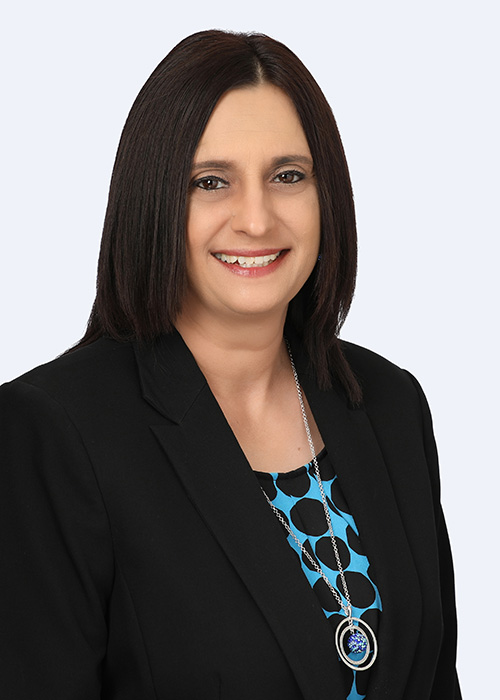
On February 21, 2024, a ransomware attack on the Change Healthcare network caused a delay in payments to several providers, spiking an increase in accounts receivable balances for a significant number of skilled nursing facilities (SNFs) across the country. The impact of these delays to providers was immediate and impactful, causing additional strains on cash balances in an operating environment already feeling the constraints of rising expenses, agency costs, and an inflationary economy. One of the main lessons learned from the Change Healthcare breach is that it has never been more important for providers to ensure that their systems for collecting owed revenues are effective and efficient.
But what about accounts receivable that are currently sitting on the balance sheet, balances for services that were provided and not collected for a variety of reasons, for example, change in management, change in ownership, change in billers, or claim rejections? What are some things that providers can do to access that cash?
Below is a summary of recommendations on which to focus when deciding if it’s time to clean up those old accounts.
Start at the Beginning
First, try and gain an understanding of where you are today. An excellent place to start is with a detailed accounts receivable aging report. This report should identify the age of the receivables based on the service date and payor source. As best practices, it is always helpful to verify that the balances on the aging report match those reflected in the accounts receivable listed on the trial balance and to review the bad debt allowance as variances in these areas could reveal larger accounting issues that need to be addressed.
Second, prioritize your collection efforts with consideration of the due dates. Most insurance companies have contractually obligated filing requirements; thus, if you don’t file within a specified period, then your claims risk rejection. Determine which accounts have the highest likelihood for collections and start your clean up there.
Finally, it is often the case that there are some residents with balances that may still be in your community. If that is the case, it makes sense to try and work out payment plans with them if they owe money that should have been paid privately instead of through a government or an insurance payor.
Set Yourself Up for Success
Once you understand how much is owed, from whom the payment should be collected, and the priority in which the billing will occur, guarantee that your systems have the means to bill. With government and insurance payors utilizing electronic billing systems and clearinghouses for Medicare and Medicaid claims, checking to see that your systems have been properly set up to bill and collect will induce effective and timely collections. One of the items often overlooked in the process is confirming that bank account and routing information is accurate and updated to allow you to enroll in Electronic Funds Transfer (EFT) whenever possible for quicker payments.
Don’t Wait
Once you know what is owed and how it will be collected, it’s time to dig into the details and start collecting funds. Review previous collection activity to establish that efforts are not being duplicated and to develop a plan to resolve the past-due accounts. Often, when reviewing outstanding accounts, a deficiency in proper documentation is uncovered. If this situation happens to you, address it on a process level and attest that the accounts you are working are documented properly.
Reviewing the accounts on a regular basis is also key to resolving outstanding items. Best practices are to follow up on outstanding claims every 30 days to ascertain whether or not they have been received or are still processing. Even though most payors have timely filing rules with specific cut off dates, you could potentially appeal and reopen the claim if there is proper documentation left on the account.
Be Persistent and Get Paid
Persistency will be the key to driving success. Follow up frequently with payors to affirm that claims have been received and are being processed. If previous claims were denied, or new claims are at risk of denial, it will be paramount to understand—and document—why, so you can resolve or appeal, as necessary.
Contact Health Dimensions Group
Health Dimensions Group® (HDG®) has nearly 25 years of senior living experience—owning, operating, and providing third-party back-office, management, and consulting services for a vast array of partners. With a proven process developed through years of successful reimbursement experience, HDG could be the solution to collecting revenue sitting on your balance sheet. We have assisted clients through acquisitions and divestitures, in bankruptcy, during management transitions, and in times of staff turnover. Our proven practices and procedures will reduce your accounts receivable balances and increase the amount of cash you collect.
We would welcome the opportunity to share more about our insights and capabilities. For more information, please contact us at info@hdgi1.com or 763.537.5700.







